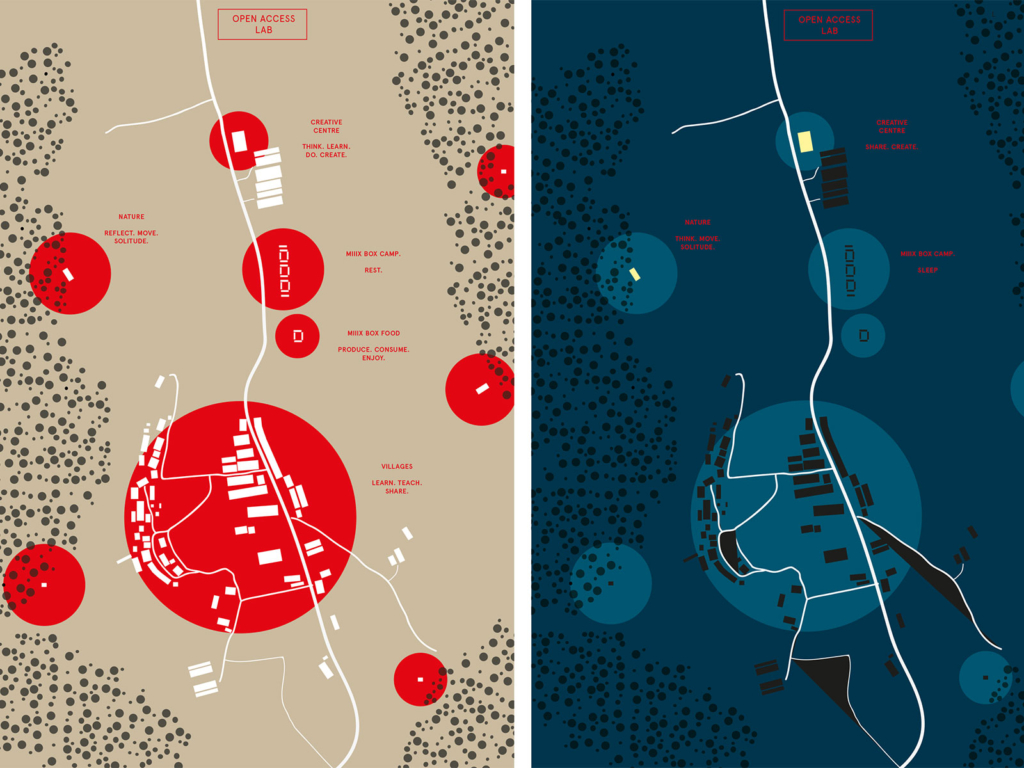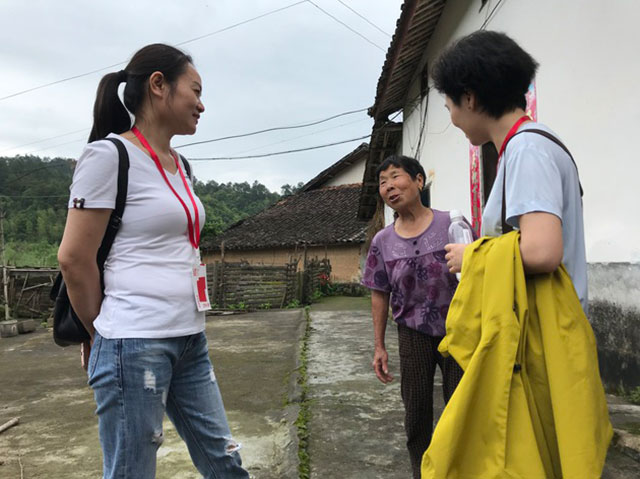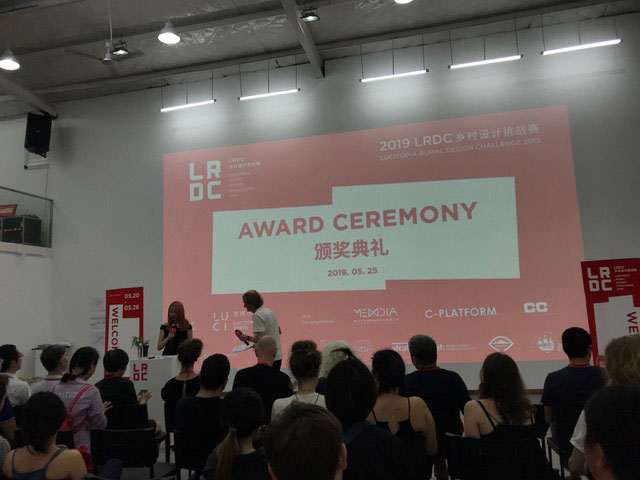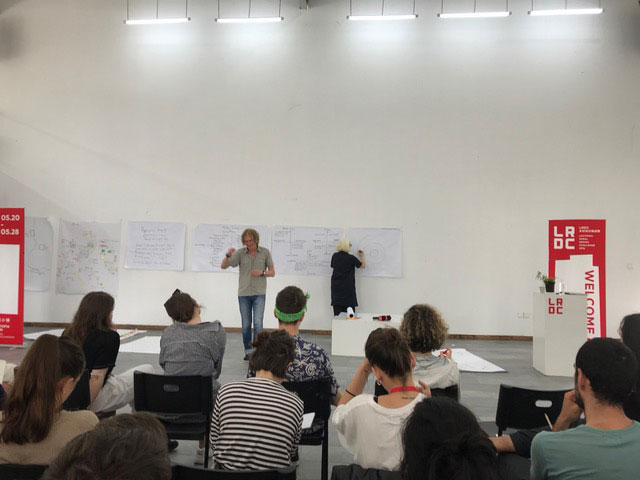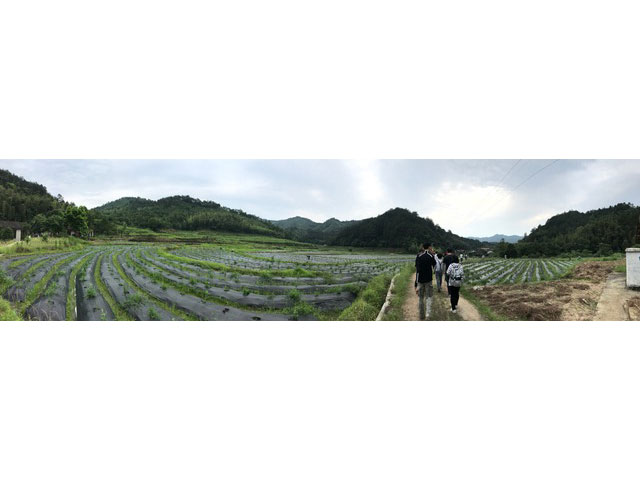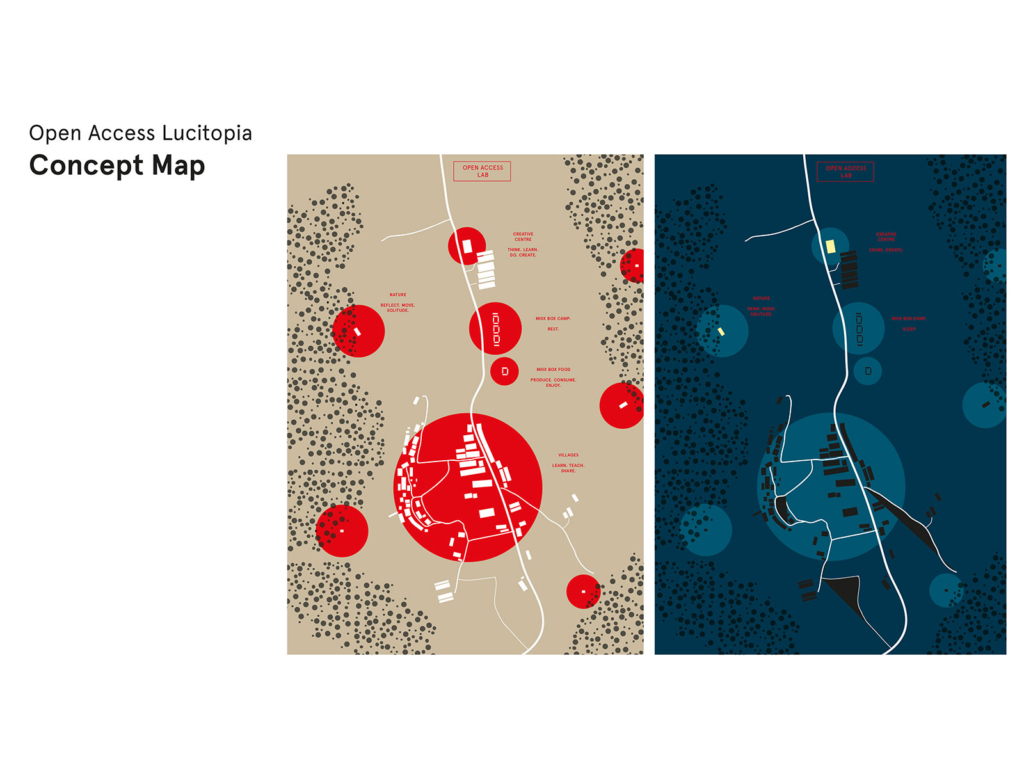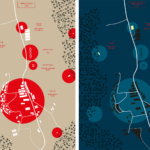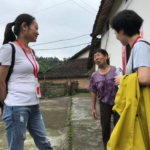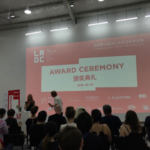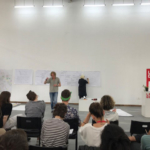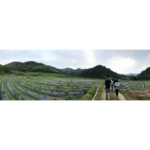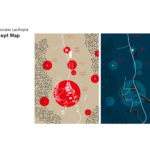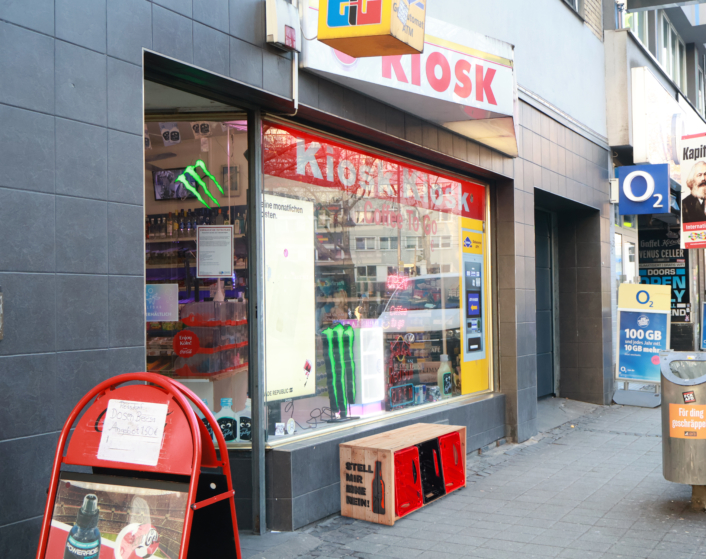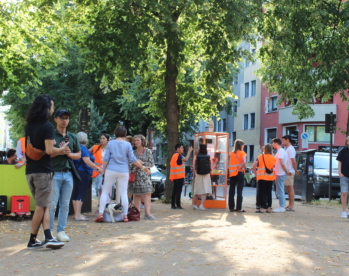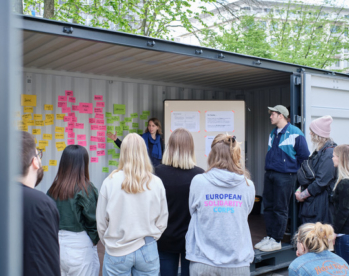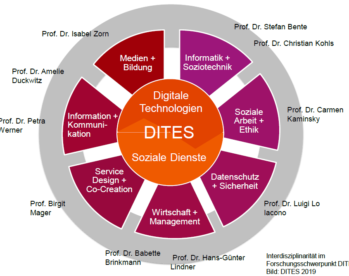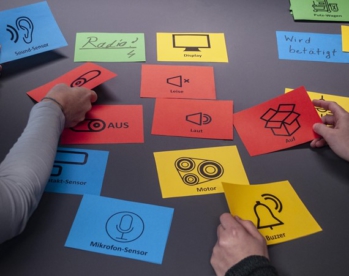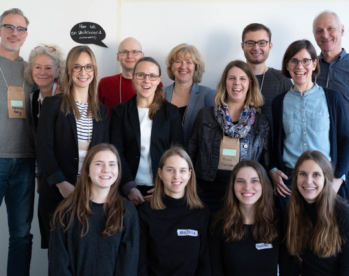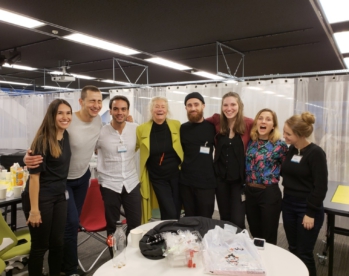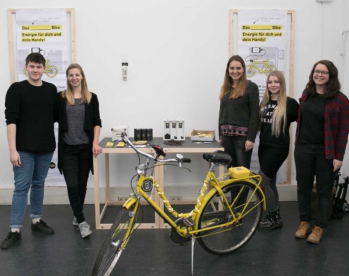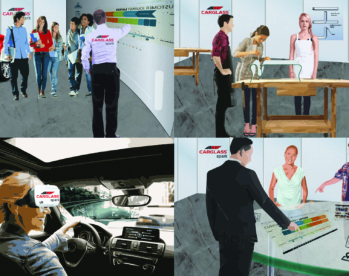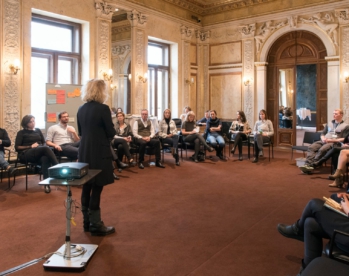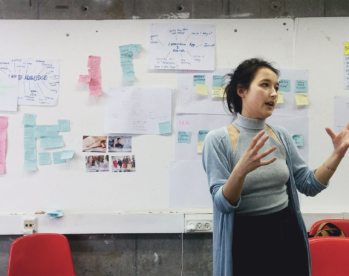During the Lucitopia Rural Design Challenge, KISD students worked with young design teams from around the globe to explore issues and needs from the perspective of community, environment, culture, and economy. The teams competed to provide the most feasible, innovative and sustainable solutions, leading towards rural regeneration and redevelopment in the Chinese rural area of Zixi Qingliangshan. The remote and unspoiled character of Lucitopia Town provided an excellent basis for the exploration, design, and development of ecologically beneficial and sustainable solutions around a rural community, which seeks to harness, develop and promote the best of local cultural tradition and natural produce.
During the immersive project, the small team inhabited the new and developing village, sleeping in containers, creating, prototyping and attending lectures in the Creative Centre Structure; with easy access to the complex of villages around.
Lead by expert designers Andrew Bullen and Janine Huizenga, the team followed an advanced design methodology to successfully analyze the village’s problems and needs, the possible stakeholders involved and develop a feasible solution to imagine and create a brighter future for this community.
The 5 days challenge was split in three days of cultural research and contact with villagers, two days of concept ideation and prototyping and a final day for the official presentation and ceremony. After initial research and multiple interviews with the villagers, the team decided to focus on the young generation. Young people who left the countryside together with their parents, who moved to the cities to find better education and work or who were already born in urban areas. Through a survey and a workshop with the helpful Chinese volunteers, the team gained an understanding of their interests, worries, and wishes, and was able to co-generate ideas about what would bring them to a rural place like Lucitopia. Reorganizing insights from tools like Personas, a Day in the Life map and idea generation techniques, the strongest wishes detected were: having more time to be alone and disconnect from social-platforms and intense routine, a space for creative thinking and working, healthy food and life and reconnection with Chinese traditional culture.
Founding and developing their final idea on these observations and on the Yin Yu philosophy, the students created Open Access Lucitopia, a creative and pure environment for an audience in need for seclusion, rest and individual creative research and development, to focus on themselves and their interests. Rooted in the idea of the perfect body, the day is only structured by the rhythm that food, its production and consumption, provides. Nature and its resources serve as the main inspiration point for individual creative research or contribute to an ongoing research project led by the two artists and scientists in residence at the creative centre, while villagers are integrated into all steps of the program as experts, staff and community, to teach and exchange.
The team’s idea was well received by the judging panel, and the students have been invited to participate in a longer Rural Residence Program to develop and implement their idea.
We are very grateful to the members and organizers of Mexdia and Lucitopia Rural Design Challenge for having so successfully directed this program’s second edition, and hope to leave a positive and lasting impact for the community of Zixi Qingliangshan with our future collaborations.

